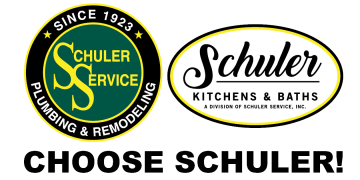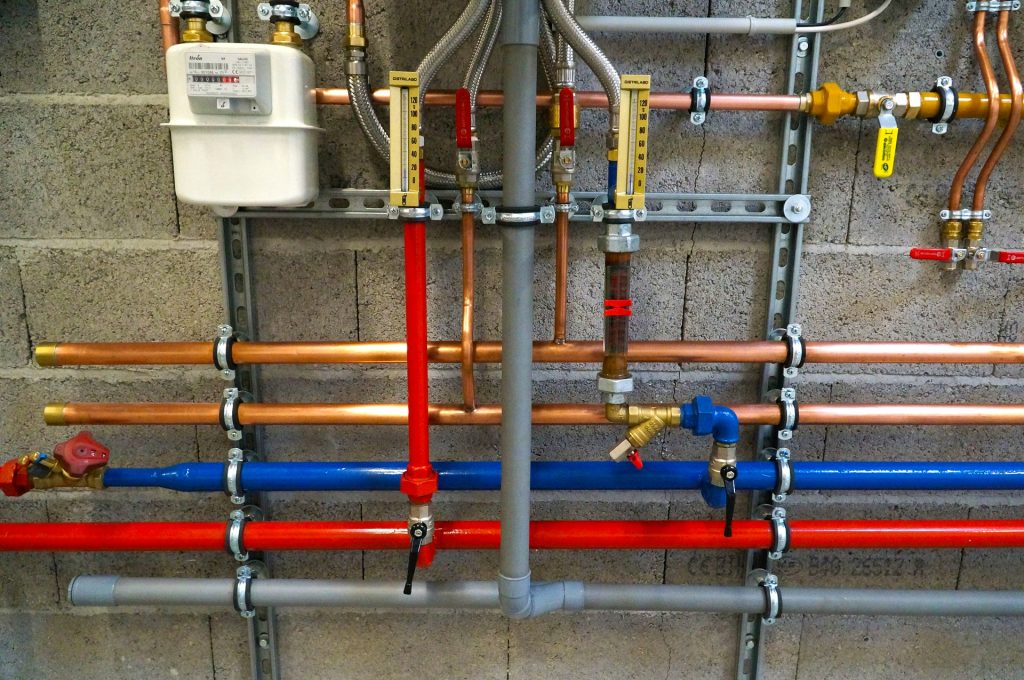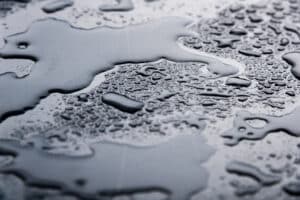If they aren’t regularly maintained, it’s only a matter of time before your home’s sump pumps will start to produce unwanted odors. Sump pump smells can make an entire basement smell bad, and the odors can creep their way from your sump basin into the house if you don’t prevent it.
While the vast majority of people don’t know how to keep up with proper maintenance for their sump pumps, there’s still hope! You thankfully don’t have to spend a lot of time or money on sump pump repair and maintenance.
Here are some of the most common ways to remove sump pump odors from your home:
Drain Stagnant Water
Most sump pumps have an on/off actuator switch that is engineered to leave enough water at the basin’s bottom to keep the sump pump’s main inlet opening submerged. If the sump pump actuates normally, the water gets pumped out and is replaced with fresh incoming water. But if groundwater infiltration is reduced, the pump may not be able to actuate for long stretches of time. This creates conditions for the water in the basin to become stagnant and grow mold or mildew that produces unwanted odors.
Two ways to resolve those unwanted smells include:
- Empty five gallons of clean water directly into the basin. This helps the float switch pump out the stagnant water.
- After the stagnant water drains, measure and pour in a quart of bleach, diluted 50/50 with water, into the water that’s left in the basin.
Make Sure You Have a Basin Cover
One of the most reliable ways to prevent sump pump odors is to make sure you’re using an airtight cover. Decreased airflow means fewer smells can find their way into your home. Airtight covers are always a good choice, but it can be tricky to find one that perfectly fits depending on your pump. If you aren’t sure what the best size is, don’t hesitate to reach out to a Schuler professional today!
Clean the Impeller
Ensuring that all sorts of debris stay out of your home’s sump pit is a crucial part of proper repair and maintenance. Blockages can start to produce serious odors that creep into your home over time. Debris can even work itself through the filter screen in a sump pump and cause the impeller to jam. To determine whether this is your sump pump problem, first unplug the pump, then disconnect it from the piping and take out the pump from the pit. You can disassemble the pump for easy access to the screen and impeller, or a Schuler professional can help evaluate and clean it too. Be sure to remove any blockages, put it all back together, and replace the pump.
Clean the Drain Lines
Your sump pump’s drain lines are enclosed, damp areas with perfect environments for mold, mildew, and other smells to accumulate and grow. These drain lines are also substantially harder to clean than the pump itself, which means they probably don’t get cleaned as often as they could be. You can clean the drain lines by blasting the sump pump drain with hot water from a hose. You can also add a few drops of bleach with soap and turn the hose on high for improved results.
Check For Sewage Problems
A busted or damaged sewer line located near your home’s foundation may slowly leech raw sewage into the area’s groundwater. When affected groundwater enters your sump basin, the noticeable smell of sewage often becomes unavoidable. If you’re noticing such odors, have a Schuler qualified plumber inspect the system, find the cause of the sewage issue, and repair it on the spot.
If you think your sump pump needs the insight of a plumbing professional or just want to cross-reference your at-home remedy with our on-site expertise, Schuler Service is here to support you! We’ve been providing professional plumbing services in Allentown, PA and Lehigh County for almost 100 years, so don’t hesitate contacting us today for quick and quality service for all your plumbing needs.









